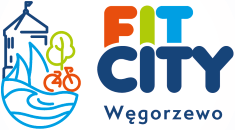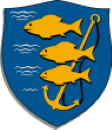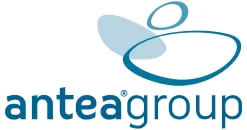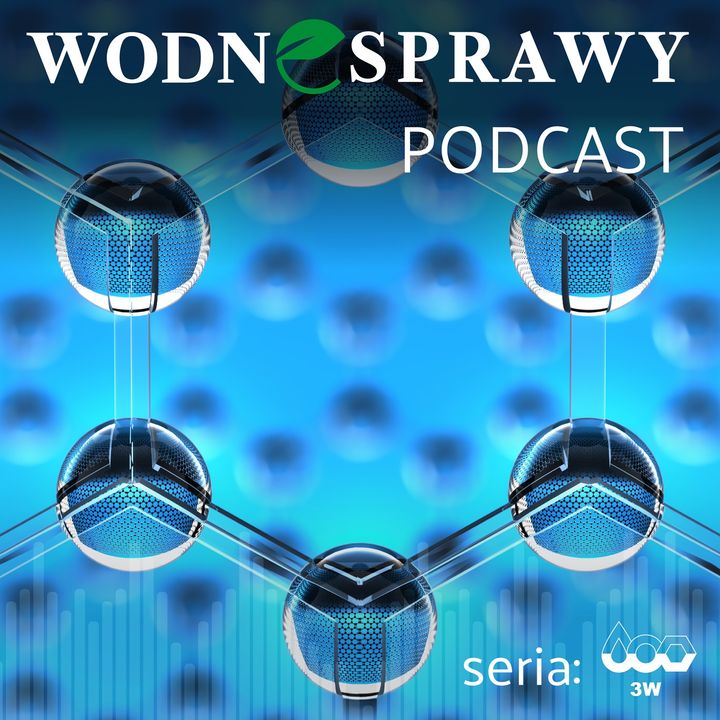2nd Edition of Polish nationwide campaign called 10 Deadly Sins of the Unaware Tourist
We are often appalled by the sight of litter-strewn river banks, or plastic bags floating along our side as we try to enjoy a swim in the Baltic. Justifiably so. However, these unsavoury items did not come out of nowhere. Someone must have dumped them there. Every year in Poland, litter counted by hundreds of thousands tonnes is pulled out of rivers and picked up from Baltic beaches. Indeed, things are looking pretty grim. Last year, the Helsinki Commission published maps assessing the state of the Baltic Sea. We now know that every 100-metre stretch of Baltic beaches is littered with up to three hundred items. The situation is also dire on river banks. They are brimming with all sorts of things – from bottles and packages, through prams, to sofas and refrigerators. And this is only one in a litany of our waterside sins. We harm aquatic ecosystems in many different ways, and some of the damage may come down to carelessness or inadvertent unawareness.
The tourist season in Poland is about to kick off. Most of us will want to unwind somewhere nice close to nature – whether in the mountains or at the Baltic. With this in mind, our team at Water Issues – always dedicated to keeping their fingers on the pulse of water-related problems – is organising the second edition of the educational campaign called 10 Deadly Sins of the Unaware Tourist. Together with our partners, we want to raise awareness of waterside behaviour that seems harmless but can in fact cause serious damage to the natural environment. Our hope is that a collective effort at being more considerate will benefit both human health and the environment. Let us enjoy nature in all its glory without interfering in its affairs – it is amazing enough on its own.
#1 Illegal jetties, wild bathing and areas mooring in the reeds, or destruction of the buffer zone
The creation of sites with access to water results in the destruction of a natural buffer, which significantly contributes to the increase in water pollution and the modification or degradation of habitats and places occupied by animals. Use legally organized places to access water. Do not create and avoid using wild beaches and swimming areas or illegal piers. If you are sailing, avoid entering or stopping in the reeds so as not to destroy vegetation and scare off animals. Mooring boats to trees is also an un-ecological activity.
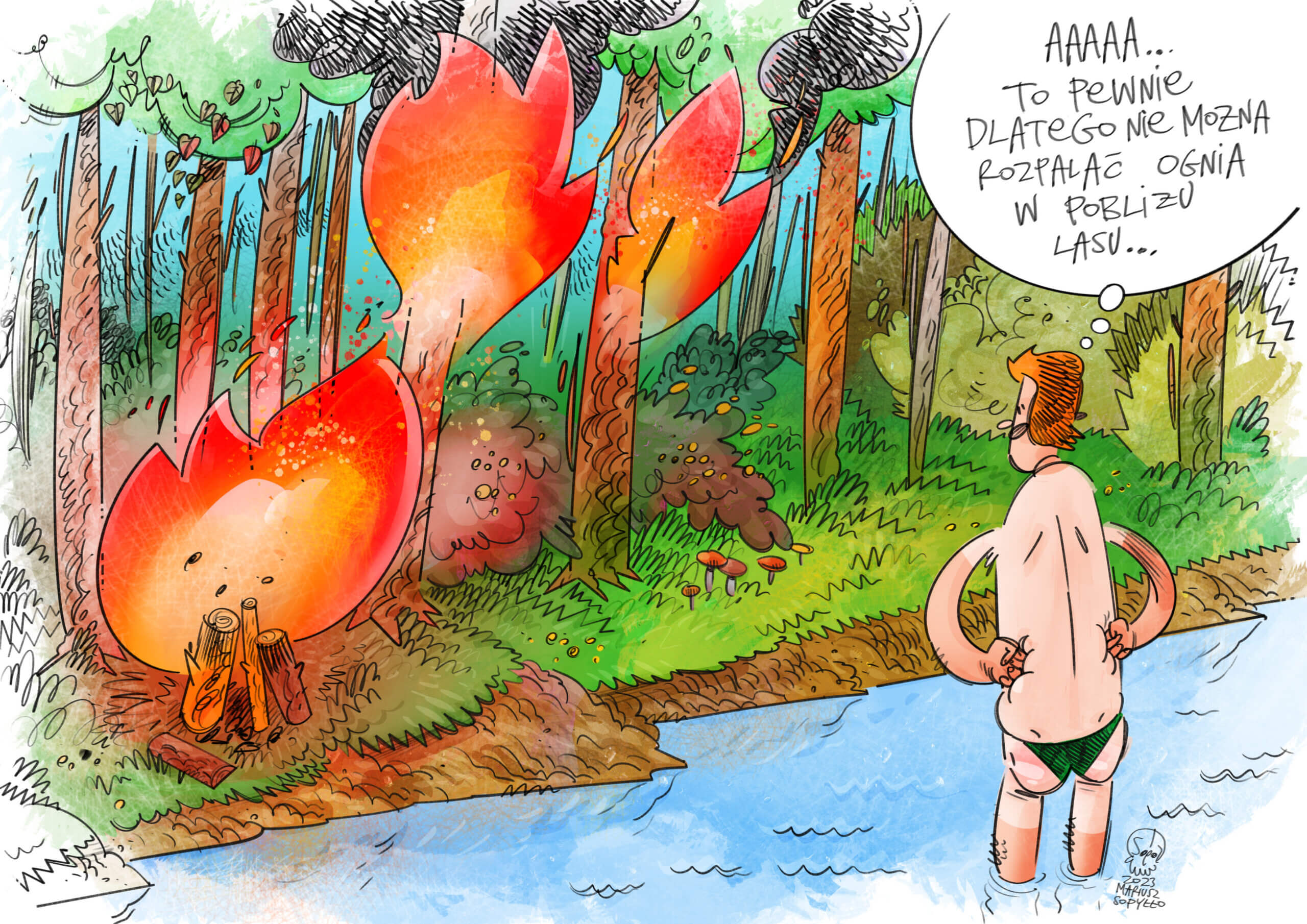
#2 Burning campfires outside of designated areas, or where do all these PAHs came from?
For many of us, a campfire is one of the most enjoyable aspects of relaxing in nature. However, we should remember to burn them safely, in places designated and prepared for this purpose. A wildfire is not only a fire hazard, but also a place of destruction of the buffer zone and a potential source for the release of many harmful substances into the atmosphere during the combustion process, including particulate matter, carbon monoxide or carcinogenic polycyclic aromatic hydrocarbons (PAHs). According to the law, a bonfire can be burned no less than 100 meters from the forest edge and no less than 10 meters from the fields. It would be great if we also provided a distance of at least 100 m from the lake shore. And finally, always remember to put it out carefully.
#3 Physiological needs in the bush, or additional nitrogen supply
Satisfying physiological needs in the proverbial bushes is not only unsightly and unsanitary, but also a burdensome to the environment, as it involves an additional supply of nutrients. Always use designated areas. If you are sailing, make sure your yacht is equipped with the right type of toilet, emptied in ports adapted to receive sewage, not into the water! However, if you need to take care of your needs in the field, be sure to do it at least 100 meters from the shore or even further away. And do not forget the shovel!
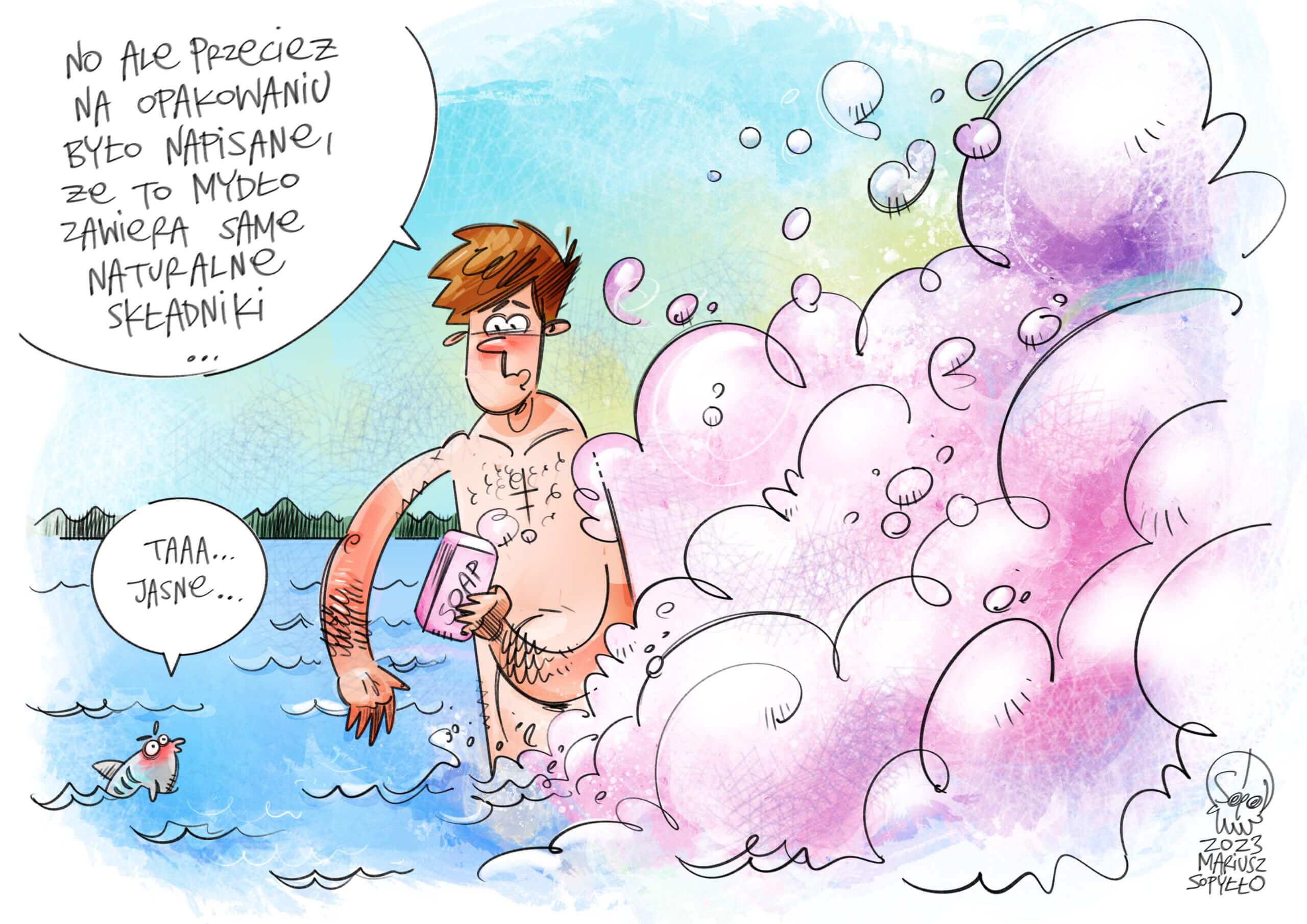
#4 Using detergents for washing in the lake, or an extra dose of phosphorus
Laundry detergents, cleaners or dishwashing agents contain harmful chemical componds that contribute to eutrophication, resulting in reduced water transparency, oxygen deficiency, fish die-offs and the disappearance of many plant and animal species. Therefore, remember – bathe in the lake, but wash on land. If you do not have access to a bathroom, wash yourself on land at least 100 meters from the shore, pouring your waste there. And don’t be fooled by catchy labels that declare eco-friendliness or biodegradability – they are often just lies.
#5 Boat fuel and parking lot runoff, or oil pollution
Vehicle traffic and the pollution it generates increase the risk of compounds and substances responsible for chemical exceedances in water and sediment. If you are using a diesel-powered boat, always ensure that fuel does not get into the water. If you are going to the water by car, park in a legal place as far from the shore as possible. Driving close to the water destroys riparian vegetation and increases surface erosion, intensifying the runoff of matter into the waters, but also poses the risk of pollution from exhaust fumes and spills.
#6 Motor boats, or fun at the expense of ecosystem residents
Motor boats of various types affect aquatic ecosystems through exhaust fumes, fuel and operating material spills, and generated noise and wave action. The effects of noise are primarily scaring animals. Increased water movements mechanically destroy vegetation, for example, very valuable stonewort meadows, have a negative impact on habitats of littoral animals or fish spawning grounds, and increase sediment resuspension, contributing to an increase in water turbidity. For enthusiasts of faster swimming or in situations where it is justified, we recommend electric motors.
#7 Garbage on the beach, or plastic in the water
Trash on the shore and in the water not only looks unsightly, but can also pose a threat to the inhabitants of the ecosystem. Plastic packaging, not only does it decompose very slowly (a plastic bottle as long as 1,000 years), but it also produces harmful compounds, as well as microplastics. Always remember to dispose of garbage in the containers intended for this purpose. If there is no garbage bin nearby – take your trash with you and dispose of it when you have the opportunity. Never use a bonfire as a place to dispose of them. Trash must not only be burned in domestic stoves – campfires are subject to the same rules!
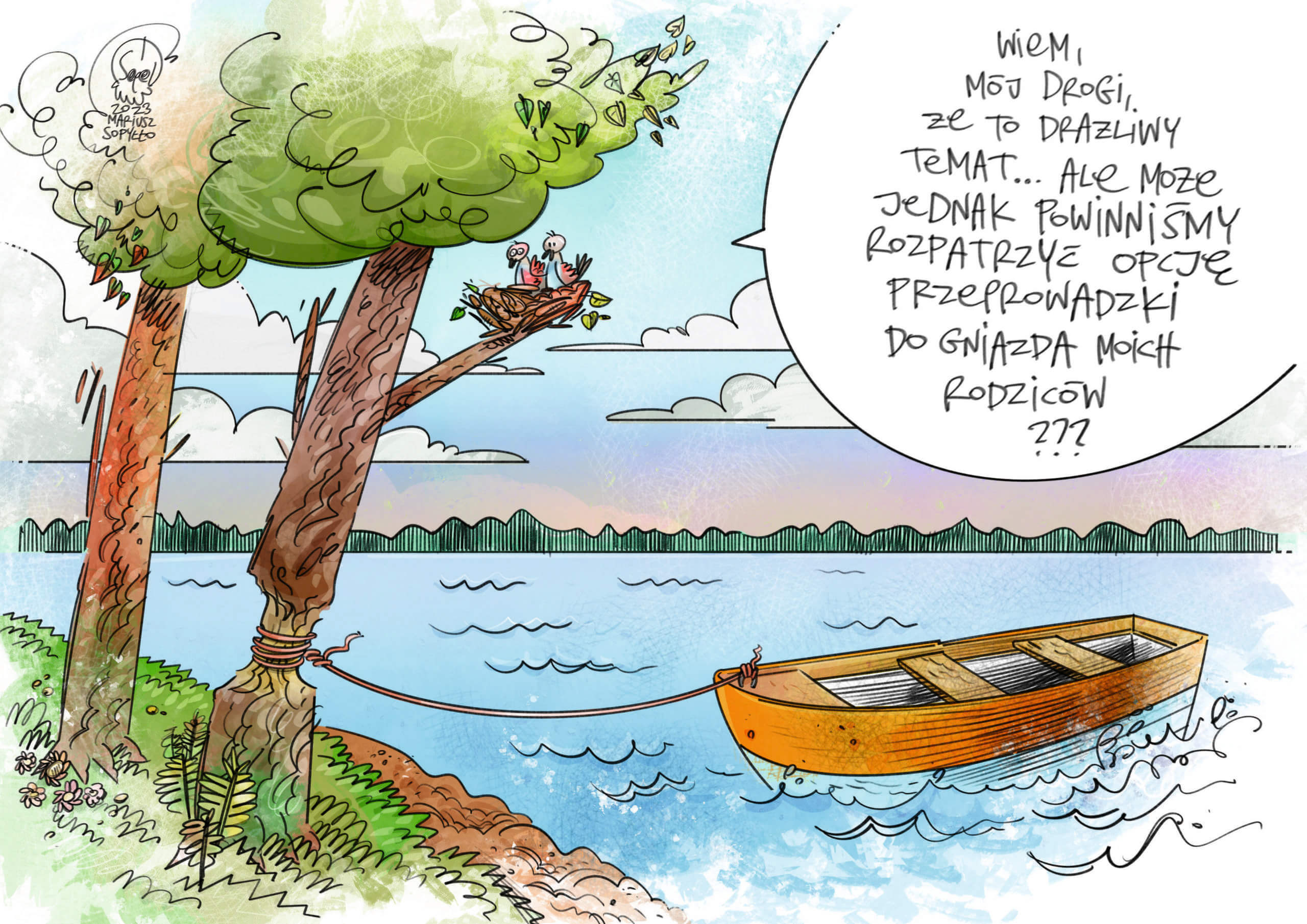
#8 Cigarette butts, or the Mendeleev’s table
Cigarette butts are the most common form of trash, with 4.5 trillion discarded worldwide each year. Some of them go directly into the environment. And such a cigarette can contain more than 4,000 substances created in the process of cigarette production and tobacco combustion. Research shows that less than one cigarette butt per liter of water can pose a lethal threat to aquatic organisms. Never throw cigarette butts into water or burn them in a campfire. If you smoke, collect the cigarette butts and dispose of them in a designated place.
#9 Fishing baits, or strange substances in waters miracle-whiskers
Fishing is a common form of recreation in Poland. This is a praiseworthy and recommendable activity, provided that it is done without excessive zeal. The negative impact of angling on aquatic ecosystems is expressed primarily in the increased supply of nutrients due to the use of bait. It decomposes in the water, which provides nutrients and accelerates oxygen depletion. Along with the bait, other strange substances enter the water, such as attractants of undefined composition (including artificial flavors). If you are fishing for pleasure, avoid using bait, and you will not contribute to increasing fertility and deteriorating water quality.
#10 Strange water sports, or water armageddon
And finally, a few words about various modern recreational activities on the water, i.e. all kinds of quadding, wakeborading, diving and other forms of environmental devastation. They contribute to the destruction of vegetation, degradation of plant and animal habitats, fish spawning grounds, and generate loud noises and waves. The noise frightens animals, mainly fish and birds, and the increased water movements destroy submerged vegetation and rushes and increase sediment resuspension. Their cultivation provides contact with nature and unforgettable experiences, but for the ecosystem it is a kind of armageddon. Before you become fascinated with this form of recreation, think about its impact on the ecosystem.
Join us!
Become our partner for the 2nd edition of the Polish nationwide campaign called 10 Deadly Sins of the Unaware Tourist! Send your submissions to [email protected]. The closing date for submissions is 30 April 2024
Be Aware!
- Educate yourself and others – the more you know, the more aware and effective you are.
- Stick to the rules – changing even little habits can make a difference.
- Report violations – don’t ignore behaviour that harms the environment. Be proactive.

Download our poster, share it with others and become part of our movement to protect the beautiful nature of our country.

 Polski
Polski











